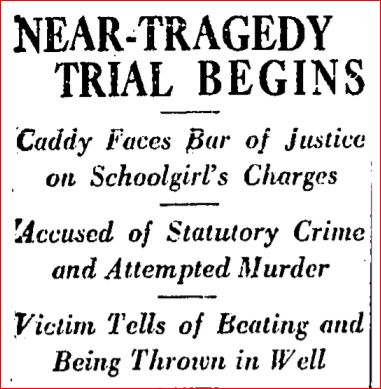
Frank’s chances for an acquittal are dismal, but then his attorney mounts a defense, blaming Lois for the beating that nearly killed her.
Attorney H.A.J. Wolch drops a bombshell in court when he reads excerpts from a June 29, 1931 letter written by Lois and sent to Frank’s wife, Ione
“Dearest Ione:
“You are probably wondering why I should write to you, are you not? I don’t exactly know myself.”
“Honestly ‘Yonnie,’ I didn’t know you cared so much until I read a certain letter. No one could write a letter like that without plenty of reason.
“I’m sure Frank loves me. If I wasn’t, I wouldn’t hesitate a moment to send him back to you, ‘Yonnie.’ You yourself know how it is to be uncertain, but I’m not anymore.”
“I’m afraid you’ll think that the real reason for my writing this letter is to gloat over him. No, I wouldn’t do that. I just couldn’t I just want you to know how I feel about this thing. I want to tell you how I love Frank.”
“I can’t hate you, not even if I try and I have tried…”
“I hope I have not said anything that can be taken any way but the right way. I don’t want to hurt you and I don’t want Frank to hurt you.”
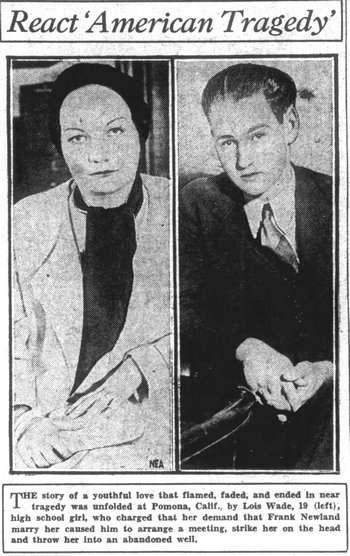
Wolch questions Lois about her relationship with Frank during the six months prior to the attempt on her life. She professes her love for Frank and admits writing to Ione. She also admits to dating other boys. The subtext of the cross-examination is clear—Lois is easy.
In her testimony, Lois confirms her meeting with Frank on February 18, 1931. She says they discuss “getting a doctor,” but abortion is illegal in 1931 and the danger of permanent disability or death is a consequence the expectant mother faces alone.
Ten days later, Lois said, Frank tells her they have an appointment with a doctor. The doctor could be anyone from a licensed physician to a drunken quack working out of a dirty backroom office.
On March 4, they meet for the last time. Frank attacks her.

Frank takes the stand in his own defense and relates a self-serving account of the crime.
“When she told me she was going to my wife, little baby and my parents, and tell them I was responsible for her condition, well, I just flew off the handle, picked up a stick, hit her three or four times over the head, struck her on the jaw with my fist and left her there.”
The railroad tie he used to batter Lois is hardly “a stick”, and when he says he “left her there” he neglects to say he threw her into an abandoned well and expected her to die.
Wolch kept the kid gloves on during his examination of his client. Frank said he met Lois and Ione at about the same time. Lois lived in Pomona, and Ione in Glendora. He saw each of them about twice a week.
“What was your feeling for both Ione and Lois?
“I cared for Ione very much. I liked Lois, too. In September I made up my mind. I loved Ione…, so we went to Las Vegas and got married. We came home that night to my folks and the next day I took her to Glendora.”
Wolch asks Frank when he next meets with Lois. Frank says, “The following night.”
He describes Lois’ reaction to his marriage.
“Lois was heartbroken and deeply moved over my marriage to Ione. She asked me to get a divorce.”
Frank chuckles, then continues.
“Already she wanted me to get a divorce and marry her. I told her I couldn’t even think of it.”
Frank refuses to consider divorcing Ione; however, he continues to see Lois. They meet frequently from the time of his marriage until December, when they get together only once.
When they resume their affair in January, Lois asks Frank to get her some quinine. Quinine in large doses may induce an abortion, but it is not a sure thing. A pregnant woman who takes quinine risks renal failure. Babies who survive quinine exposure in the womb can be born deaf or suffer other side-effects. Both mother and child can die because of taking quinine.
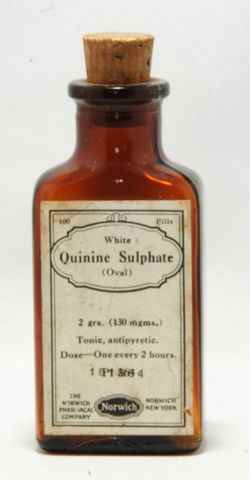
Frank blew off Lois’ request to get the abortifacient, claiming he does not know what she wants with the over-the-counter drug.
According to Frank, Lois asked for quinine again in early February. This time he asked her why.
“I asked her what she wanted it for and she said she was expecting a baby, ad something had to be done. I said I was sorry and asked her who was responsible, and she didn’t answer. Again, she asked me to divorce Ione and marry her, and again I told her I wouldn’t consider it.”
Frank describes his March 4th meeting with Lois.
“I met her on March 4, about 6:30 p.m. We drove around a bit. I told her I couldn’t get a doctor. Finally, we parked the car on the outskirts of Pomona. She said she was going to blame me. Something had to be done or she would make trouble. I loved my wife very much, and the baby had just come. I had entirely overcome the conflict of the earlier months. I loved Ione, not Lois.”
When testimony concluded in early May, the jury faced conflicting versions of the March 4 attack.
Lois’ version, corroborated by her injuries, is gut-wrenching. The prosecution calls the attack “deliberate and brutal.”
Frank’s defense portrays Lois as a scheming home wrecker—no better than she ought to be.
In the last hours of the trial, Deputy District Attorney Cooper points out parallels between the case against Frank and the incidents in Theodore Dreiser’s novel, An American Tragedy. Cooper reads extracts from the book.
The jury finds Frank guilty of attempted murder and statutory rape.
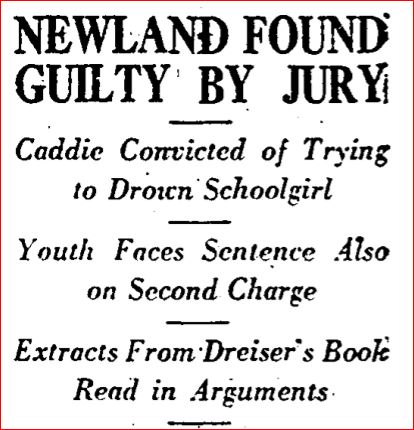
Before passing sentence, Judge Bowron has a few words for Frank:
“You are fortunate in that you are not here for the purpose of receiving the extreme penalty. The evidence and circumstances show that you planned to do away with Lois Wade because she was about to become a mother.”
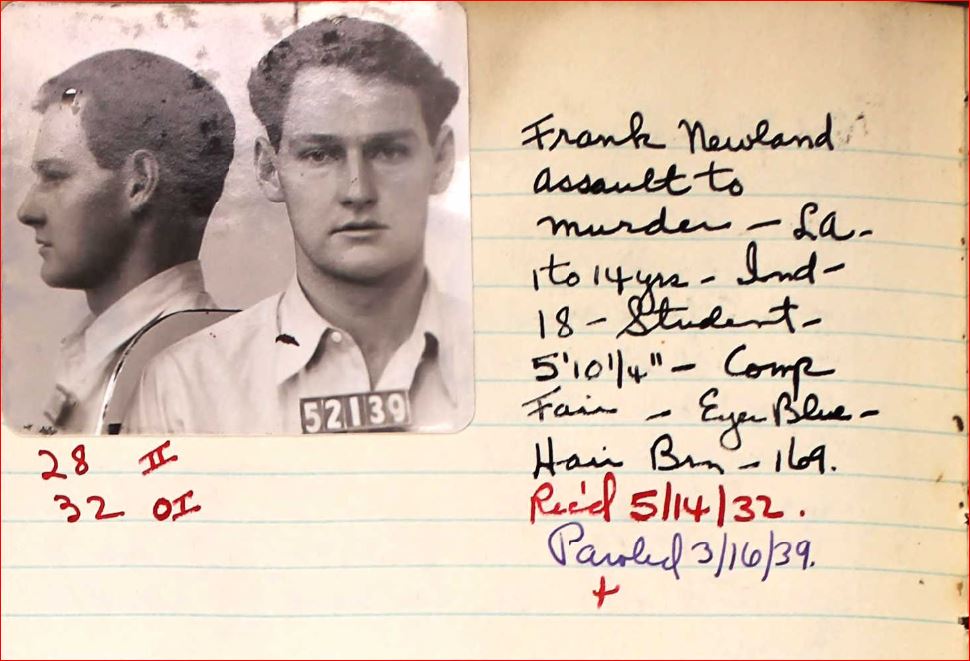
Frank gets one to fourteen years in prison.
In a strange twist, probably orchestrated by a quick thinking reporter or a newspaper city editor, Frank, Ione, and Lois meet in jail a few hours before the prison train leaves for San Quentin. A photo shows the threesome holding hands and, supposedly, putting the past behind them.
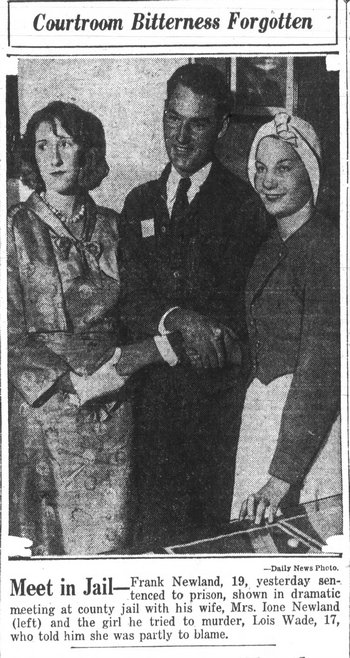
Lois leaves without making a statement.
Ione tells reporters, “I intend to wait for him.”
She didn’t.

can you tell us which stories you will cover on deadly women new season like last season
Wifey doesn’t look very happy in the picture of the three of them.